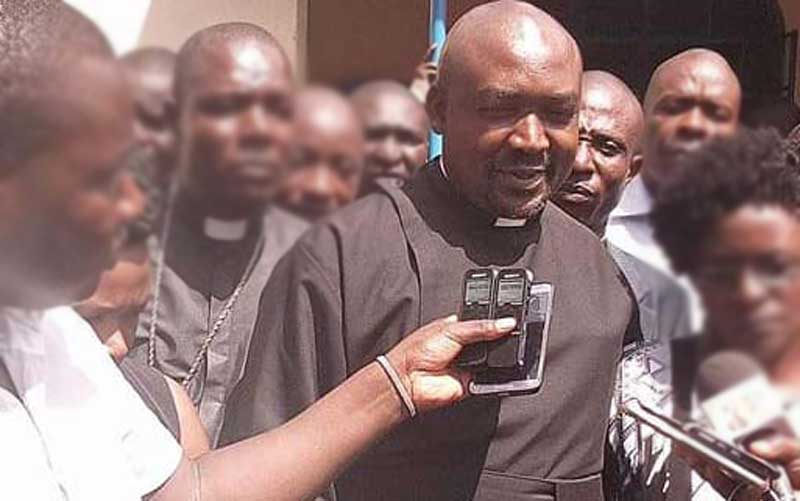×
The Standard e-Paper
Kenya’s Boldest Voice

Maseno West Anglican Diocese newly-elected bishop John Mark Godia (Pictured), takes office on September 1, amid sharp differences at the diocese, following an emotive and divisive election.